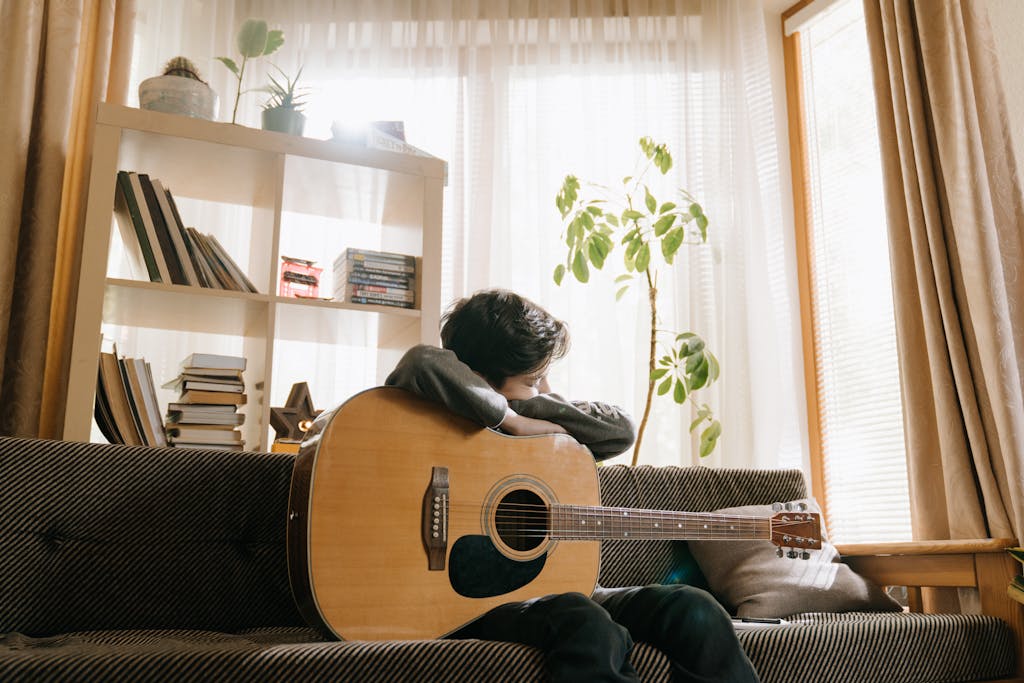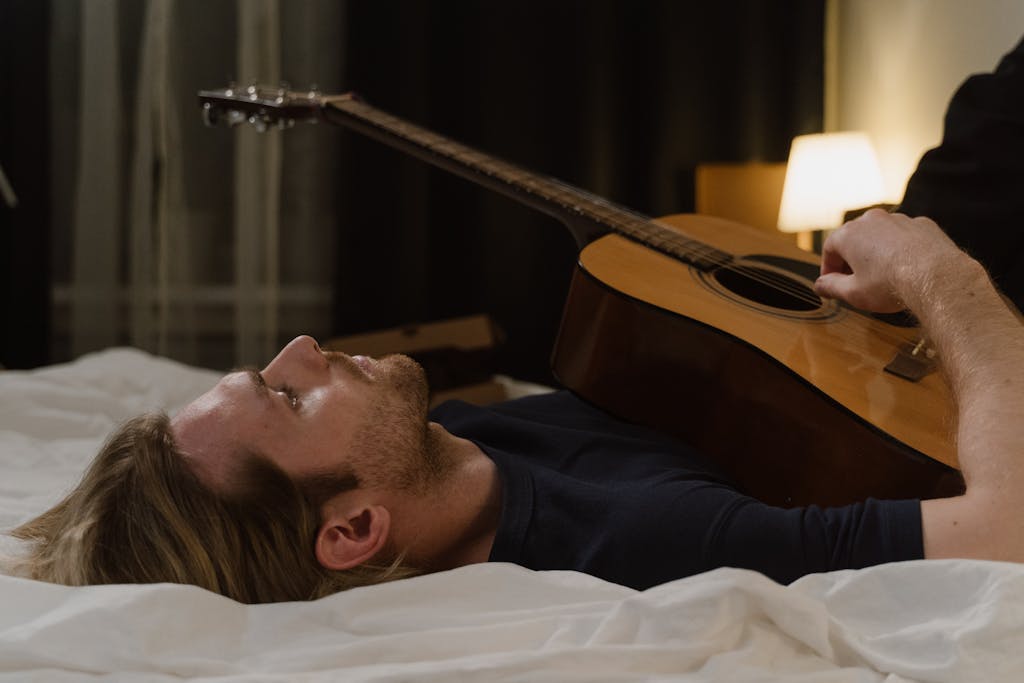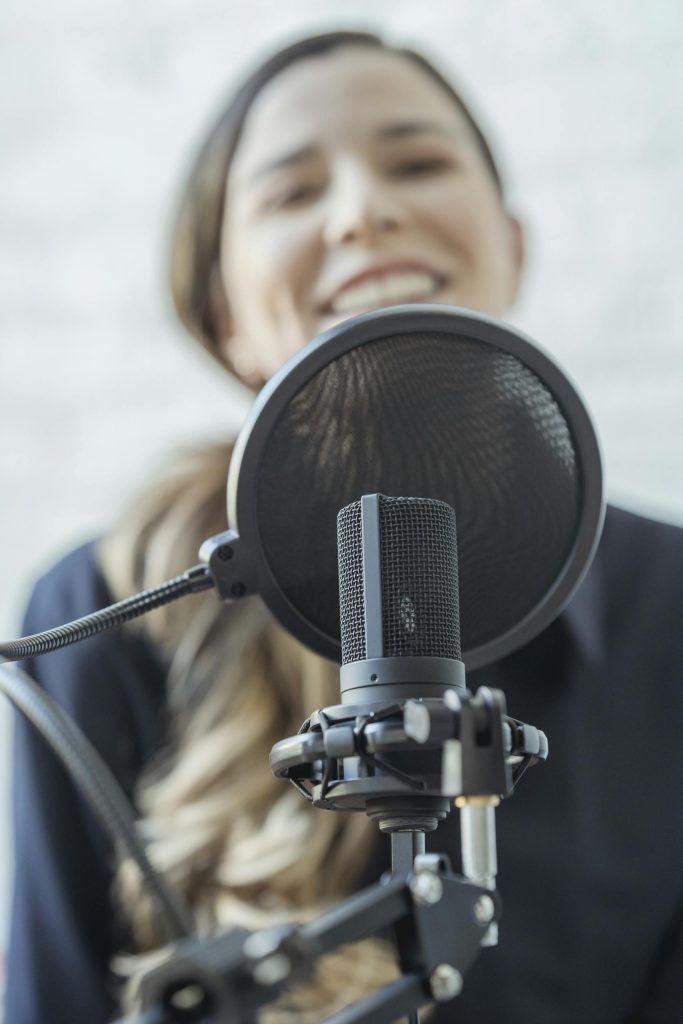Resources and Help for Musicians Struggling with Depression
Mental Health Support to Keep Your Music Alive
Musician Therapy Collective provides depression help for musicians with practical tools and support designed for the unique challenges of life in the music industry. Music can heal, but when depression hits, even your passion can feel distant. Here you’ll find resources, strategies, and guidance to manage low moods and stay connected to your music. All support is created with musicians and music professionals in mind.


Find Relief with Depression Help for Musicians and the Music Industry
As a musician or someone in the music industry, mental health challenges can be overwhelming. You don’t have to face them alone. Depression can affect anyone, and it’s important to know that help is available. On this page, you’ll find valuable resources to guide you through tough times, offering insights on crisis management, finding the right therapist, and much more.
Whether you’re feeling burnt out, anxious, or struggling with your mental health, these resources are designed to help you feel supported and empowered. There are helpful tips and tools, and support in finding a therapist. Backline provides free case management to anyone in the industry. Taking the first step towards better mental health can lead to lasting growth. You deserve the space and tools to feel your best and thrive in your music career.
Don’t Give Up Hope!
Please, if you are struggling with depression or thinking about suicide, know this: you are not alone, and things will change. It might not feel like it right now, but even the darkest moments can and will shift. You matter, and your life matters.
If you need immediate help, call 911 or reach out to a crisis line or someone you trust. In the United States, you can call or text 988 to reach the Suicide and Crisis Lifeline any time, day or night. Trained counselors are ready to listen and help. See more resources on our crisis page.
These resources were created out of love for the music community, and in memory of those we have lost.
You are needed. Your life is important. Please stay.
Small Steps That Can Help with Depression
Even small actions can begin to shift how you feel. These four tools are backed by research and can offer relief, especially when used regularly. Explore each one to learn how and why it works.
There Is Support Available and Things Can Get Better
Depression can feel heavy and endless, but it is not the end of your story. Depression help for musicians is available, and you can recover. Even when it seems like nothing will change, support is out there and you are not weak for needing help. Asking for support is a strong and human thing to do. If you are thinking about suicide, please do not keep it to yourself. Visit the crisis support page for fast access to resources and ways to get help, or call 988 to access the crisis hotline. You are not alone, and there are people who want you to stay.
If you are not in crisis but still struggling, take time to explore the other resources on this site and consider looking into therapy. There are people who understand and want to help. In our Resource Hub are tools that can help with daily life, touring, relationships, and more. You do not have to figure it all out at once. Start with one step, one small thing, one honest moment. Things can get better.

